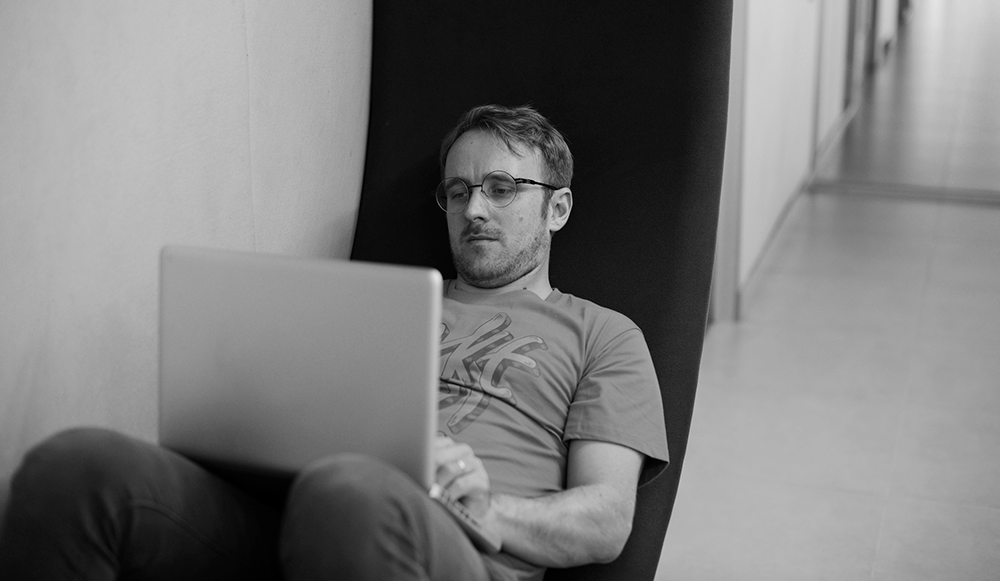The Hidden Costs of Being Unemployed

In a previous article, I discussed things to do before you say, “I quit.” Being unemployed has drawbacks besides the loss of a steady paycheck, so plan accordingly. Finding a new job takes time.
According to career expert Alison Doyle, there is a simple way to estimate how long your job search might take: approximately one month per every $10,000 you want to earn. So, if you want to earn $60,000, plan on your search taking around six months. There are quite a few variables that will impact the final length of your job search, but don’t panic. Plan.
Remember, the search is not over once you submit a resume. In fact, your start date might still be months away. As Vicki Salemi reports for Monster, it can take a couple of weeks to hear from a hiring manager after applying for a job, and then another week or two for the first interview to take place. The interview process can take several weeks as you progress to the final interview. If you need a background check, it may add several more weeks to the timeline. All told, you may be starting a new job about three months after you submitted your resume.
If you are seeking federal employment, the process can take even longer, based on what I’ve seen for my clients. Plus, many federal jobs have special application requirements, so be sure to read the job listing carefully.
As all the hiring timelines above suggest, you need to have a plan for your period of unemployment. Three things I call to attention for my clients are the drop in self-esteem, not exhausting savings or retirement accounts, and keeping your skills current.
Keeping Your Self-Esteem High
Whether we admit it or not, we often take pride in our jobs. Holding a nice title, helping a business grow, and providing customer service can all elevate a person’s self-esteem. Having a place to go to work each day gives a person a purpose. We all need a purpose. We thrive most when we have something to strive for.
Being unemployed, whether by choice or not, can take a toll on a person’s self-esteem and confidence. There are, however, ways to combat this.
What you need to do is find a purpose other than just looking for a new job. For example, volunteering in the community can give you something meaningful to do with your day. Even small things like dressing well each day or sticking to an exercise routine can keep you feeling positive.
Maintaining Your Savings
If you are not earning a paycheck, then you don’t have money to contribute to your savings or retirement funds. Moreover, you may even be tempted to withdraw funds from these accounts in order to cover expenses. Try to avoid that temptation. Don’t let pride keep you from applying for unemployment benefits.
Also, check the fine print on your credit card statements. I learned from one person that she had unknowingly paid for insurance that covered her credit card payments while unemployed. That was one less bill she had to worry about, and her credit score stayed impeccable.
You may also want to seek temporary employment until you find your dream job. Contact an employment agency or temp agency to see how you can earn money while looking for a full-time gig.
Sharpening Your Skills
When you are not working, you are not keeping your skills current. I encourage you to visit your local community college for low-cost or free classes that will help you gain new skills or keep your current skills up to date.
You can also volunteer with an organization where you can use your job-related skills on a regular basis. Your skills will stay up to date, and you will have a relevant volunteer position to put on your resume. You will also be able to network with others at the organization, and your self-esteem may even get a boost from doing good.
—
Over time, your plunging self-esteem, eroding skills, and draining bank accounts can really add up, impacting how you carry yourself at your next job interview. This is why you must have a plan to combat these things during your unemployed period.
During your next job interview, your future employer will probably ask about your break in employment. Be honest. Explain how you used the time productively to improve your skills through training and volunteering. The confidence you have in yourself and your abilities will shine through. The interviewer will see you walk with purpose and hear the confidence in your voice.
When you plan for the hidden costs of unemployment, you will be ready to provide value to your next employer.
Jaynine Howard is a military veteran whose work as a career strategist and reinvention specialist has been recognized by professional organizations throughout the nation.

